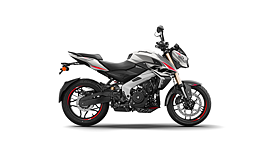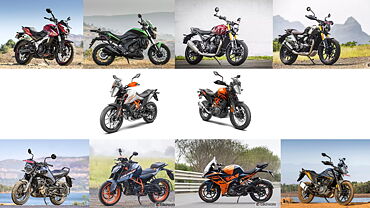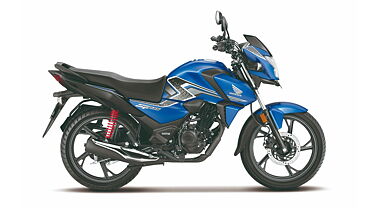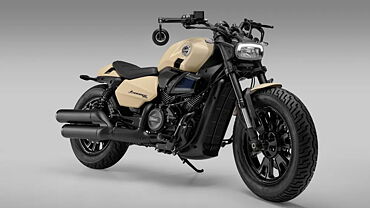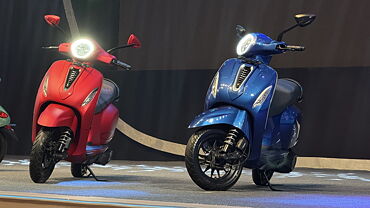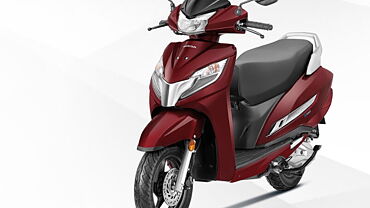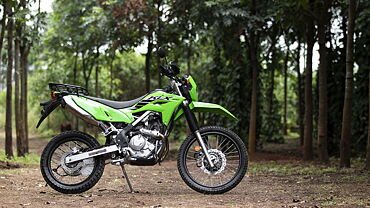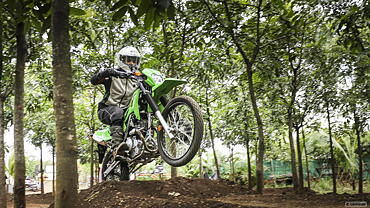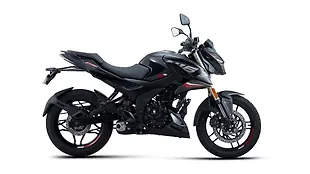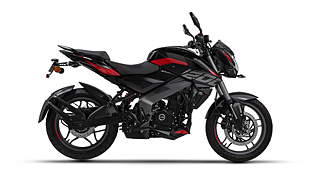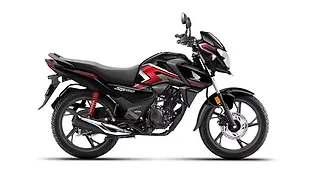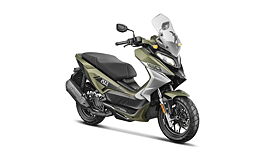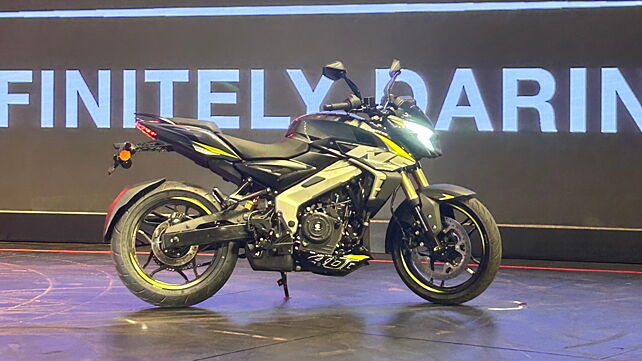
Bajaj Auto shook the motorcycle market in India by launching the new Pulsar NS400Z at an unbelievable price of Rs 1.85 lakh, ex-showroom. While this is the introductory price and will increase by a few thousand rupees over time, getting a near-400cc motorcycle at this price in 2024 is remarkable value, to say the least. Here are the top five highlights of the most powerful Pulsar yet.
Design
After having seen the Pulsar NS400Z in the flesh at the launch ceremony, we can say that the bike looks good. It is like an evolution of the NS200’s design and that’s not a bad thing at all. The bits about the NS400Z’s design that look attractive are the LED DRLs, the large tank extensions that overlap with the radiator shroud, and the upswept tail section. Even the stickering across the bike is neatly executed.
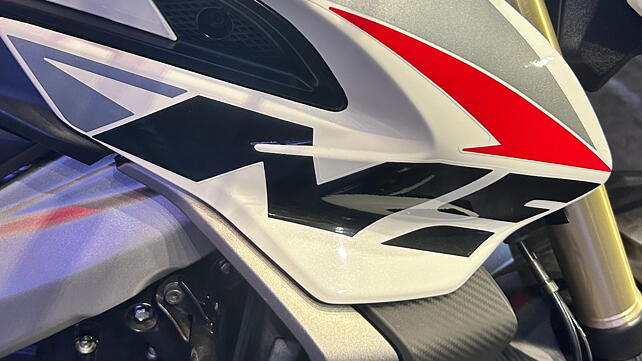
Some may still argue that the Pulsar NS200’s design has been around for years but the NS400Z, with its new panels, still manages to look good while sticking to the “NS” family design.
Features
Being the flagship Pulsar, the NS400Z is loaded to the brim with features. You’ve got ride-by-wire, LED lights all around and the safety net of switchable traction control and dual-channel ABS. The bike also gets four ride modes- Rain, Road, Sport and Off-road. These modes alter the power delivery and the ABS intervention levels to suit the riding conditions.
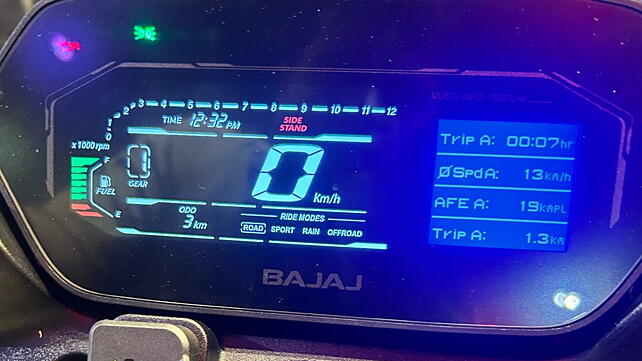
For example, if one was riding on a rain-soaked surface, the power delivery would be dulled to ensure fewer chances of unintentional wheelspins. This works in conjunction with the traction control system to help the rider stay in control. At the same time, ABS would be on high alert and ready to kick in as soon as the system senses an impending wheel lock scenario under panic braking.
The level of ABS intrusion, on the other hand, will be greatly reduced in Sport mode while the throttle response will be relatively more aggressive.
The NS400Z has a new colour LCD that hasn’t been seen on any other Pulsar ever. It features Bluetooth connectivity with turn-by-turn navigation.
Engine
The only way Bajaj could’ve arrived at such a competitive price point is by plonking an existing engine in the NS400Z. That has come from the Dominar 400. It is a 373cc, liquid-cooled, single-cylinder engine that develops 40bhp and 35Nm. The engine is known to offer punchy performance but it is slightly buzzy in the midrange, as per our experience of it in the Dominar 400.
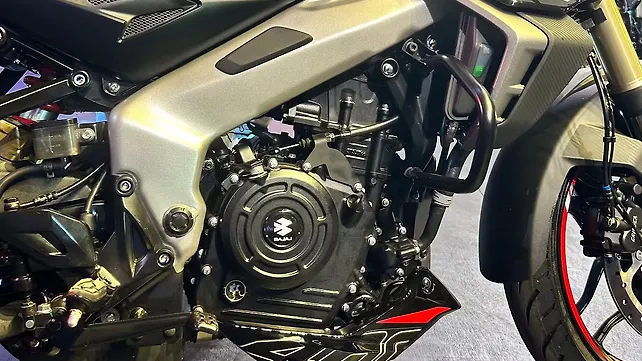
We wait to ride the bike to know if Bajaj has done anything to improve this. That said, the engine has much fewer kilos to propel in the NS400Z, compared to the Dominar 400, so it is likely to be the quicker bike of the two.
Hardware
The Bajaj NS400Z utilises the NS200’s perimeter frame but it has been stiffened in places, says Bajaj, to optimise it for the NS400Z. This is because the NS400’s engine makes almost double the bhp that the NS200’s manages. This frame is suspended by a 43mm USD fork and gas-charged monoshock. It has a 320mm disc with axially mounted calipers and a 230mm disc at the rear.
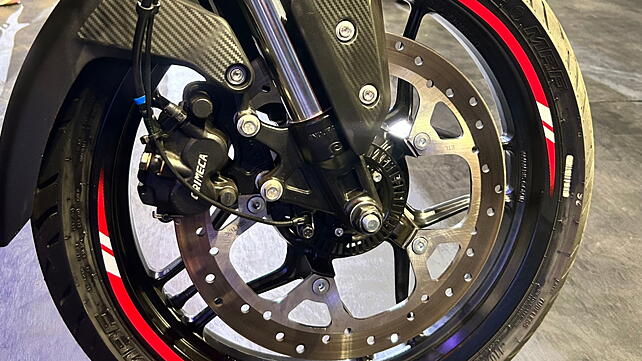
Bajaj has always done a good job with setting the chassis on NS to offer a good balance between ride and handling. This should be the case with the NS400Z as well, which also has the added benefit of wider tyres than the NS200’s, both at the front and the rear.
Price
Bajaj, as we’ve mentioned, has hit it out of the park with the NS400Z’s ex-showroom, Delhi pricing. This is the most affordable, near-400cc motorcycle that money can buy in today’s times. But that’s just one aspect of the pricing. The NS400Z sits in the vicinity of bikes that are smaller and have less power.
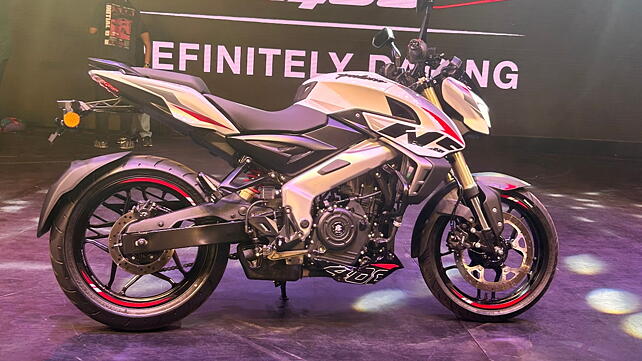
The TVS Apache RTR 2004V’s top model is priced at Rs 1.46 lakh. The Yamaha MT-15’s price ranges between Rs 1.68 lakh to Rs 1.73 lakh. Even the Bajaj Pulsar N250 is about Rs 35,000 cheaper than the NS400Z, which isn’t a lot when you spread it over a similar EMI tenure. Considering this, it goes without saying the the new Bajaj Pulsar NS400Z is quite the package for the price.
